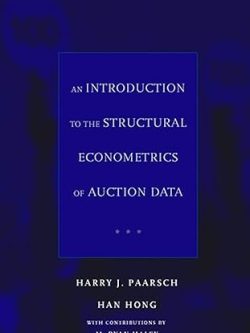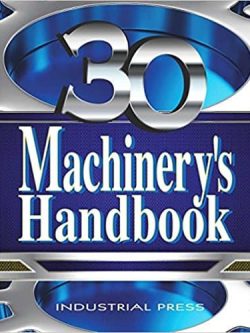Specifications
| book-author | N. Gregory Mankiw |
|---|---|
| file-type | |
| isbn10 | 0357723163 |
| isbn13 | 9780357723166 |
| language | English |
| publisher | Cengage |
Book Description
“Essentials of Economics,” authored by N. Gregory Mankiw, is now in its 10th edition, providing a comprehensive and accessible introduction to the principles of economics. Here's an overview of what you can expect from this edition:
- Introduction to Economics: The textbook begins with an overview of the basic principles of economics, including the fundamental concepts of scarcity, opportunity cost, and the economic problem. Mankiw introduces students to the key questions that economics seeks to answer and the tools economists use to analyze economic issues.
- Microeconomics: Mankiw covers microeconomic theory, focusing on the behavior of individual agents, firms, and markets. Topics include supply and demand, consumer behavior, production and cost analysis, market structures (perfect competition, monopoly, monopolistic competition, and oligopoly), factor markets, income distribution, and the role of government in the economy.
- Macroeconomics: The textbook explores macroeconomic theory, examining the aggregate behavior of the economy as a whole. Mankiw covers topics such as national income accounting, economic growth, unemployment, inflation, the business cycle, fiscal policy, monetary policy, international trade, and exchange rates. He discusses the role of government in stabilizing the economy and promoting long-term prosperity.
- Applications and Policy Issues: Mankiw incorporates real-world applications and policy issues throughout the textbook, illustrating how economic principles apply to contemporary issues and policy debates. He discusses topics such as healthcare, environmental economics, taxation, income inequality, globalization, and economic development.
- Analytical Tools: The book provides students with analytical tools and techniques to analyze economic problems and make informed decisions. Mankiw introduces students to graphical analysis, mathematical models, and basic econometric techniques used in economics.
- Empirical Evidence: Mankiw emphasizes the importance of empirical evidence and data analysis in economics. He discusses how economists use data and statistical methods to test economic theories, evaluate policy effectiveness, and make predictions about future economic outcomes.
- Global Perspective: The textbook adopts a global perspective, examining economic issues and trends from an international standpoint. Mankiw discusses the interdependence of national economies, the impact of globalization on economic growth and development, and the challenges of managing a globalized economy.
- Integration of Modern Developments: Mankiw integrates modern developments in economics into the textbook, including behavioral economics, experimental economics, game theory, and the economics of information. He discusses how these developments challenge traditional economic models and offer new insights into economic behavior.
- Pedagogical Features: The book includes pedagogical features such as chapter summaries, key terms, review questions, and exercises to reinforce student learning. Mankiw incorporates real-world examples, case studies, and applications to engage students and illustrate economic concepts in context.
Overall, “Essentials of Economics” by N. Gregory Mankiw serves as a comprehensive and accessible resource for students studying economics. With its clear explanations, real-world relevance, and analytical rigor, it provides students with the foundation they need to understand economic principles and apply them to real-world situations.












Reviews
There are no reviews yet.